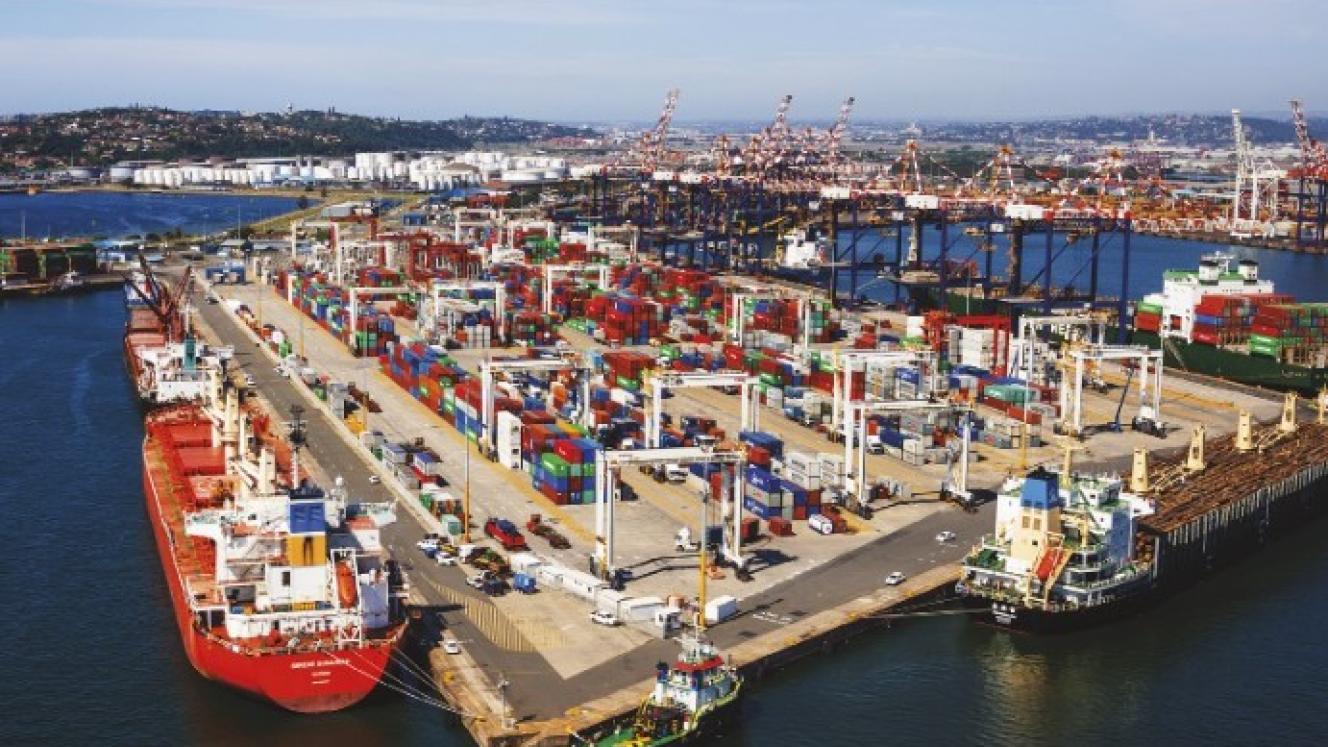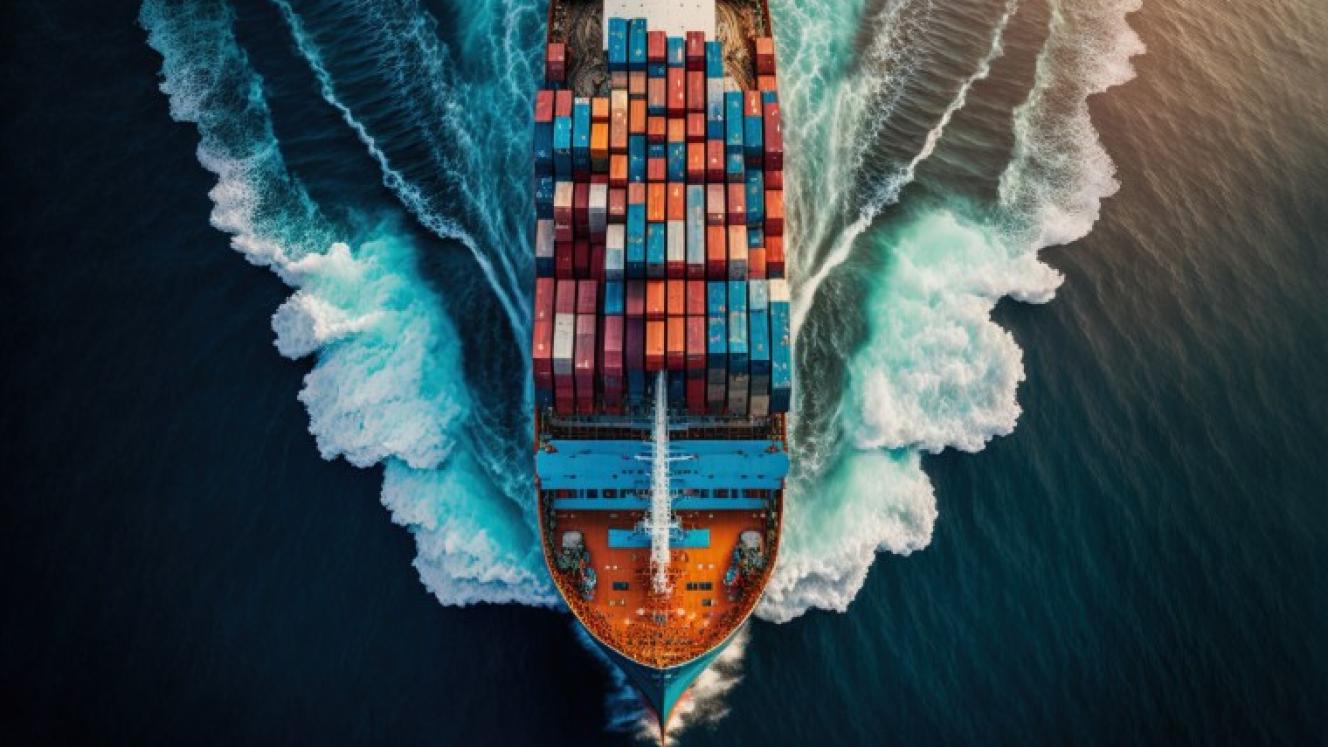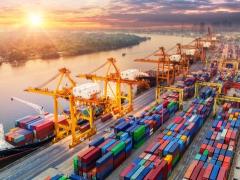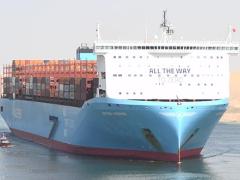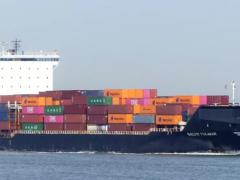South Africa’s primary container hub is stone last out of 403 ports assessed, according to the latest World Bank and S&P Global Market Intelligence fifth Container Port Performance Index (CPPI) 2024.
The CPPI, released earlier this week, reveals a global decline in port efficiency from 2020 to 2024, driven by the Red Sea crisis, Panama Canal disruptions and pandemic aftershocks.
It covered 405 container ports with data from 175 000 vessel calls and 247 million container moves, using vessel time in port to gauge efficiency. Its new multi-year trend analysis highlights performance shifts over five years.
According to the report, East Asian ports topped the rankings and South Asian ports recovered but sub-Saharan African ports, including South Africa’s, struggled.
Durban ranked 403 out of 405 with a CPPI score of -721, worsening from -206 in 2023, after scores of -108 in 2020, -246 in 2021, and -220 in 2022.
“The Port of Durban, in South Africa, was the worst-performing port in 2024, with the longest waiting time for container vessels,” the report noted.
Waiting times, unchanged berth durations, and rerouted traffic due to the Red Sea crisis, fuelled this decline. Transnet’s modernisation efforts – new tugboats, cranes, haulers, trailers, daily operational meetings, and a container management system – have yet to yield results. A request for proposals to involve private operators at Durban Container Terminal aimed to align with global standards, but inefficiencies persist, impacting exporters and importers, the report noted.
Investments in cranes, upgraded warehousing, hydraulic shore-tension units, and a predictive wind model with the Council for Scientific and Industrial Research, helped. A helicopter piloting service improved vessel access during high swells.
Mozambique's Port of Maputo, ranked at 248, reflects a moderate performance in sub-Saharan Africa amid regional declines. This positioning outperforms South African counterparts but trails top regional performer Dakar, Senegal, which ranked first in sub-Saharan Africa with a score of +23 and ranking 82nd globally.
Namibia's Port of Walvis Bay was placed 376th, among the least efficient globally, hampered by extended vessel waiting times and limited automation, underscoring ongoing vulnerabilities in southern African logistics networks.
The report’s broader findings on sub-Saharan Africa’s declining average CPPI score of -104 in 2024, compared with Dakar’s 23, underscores systemic challenges like poor automation and hinterland connectivity in the region.
The report found that developing ports like Dakar; Jawaharlal Nehru, India; and Mersin, Turkey, improved through political commitment, private partnerships, and streamlined procedures.
“Implementing 24/7 crane operations, optimising crane deployment, and adopting digital platforms to connect with customs and logistics partners can deliver measurable gains,” the report said.
World Bank Global Director for Transport, Nicolas Peltier-Thiberge, said even amid the multiple shocks, developing country ports were finding ways to adapt, improve, and maximize value.
Turloch Mooney of S&P Global said: “The CPPI, and its underlying data, serves as a diagnostic tool, enabling stakeholders to pinpoint structural inefficiencies and develop strategies for enhancing port operations.”
- Please see today’s lead report for Saaff’s comments on the CPPI.
